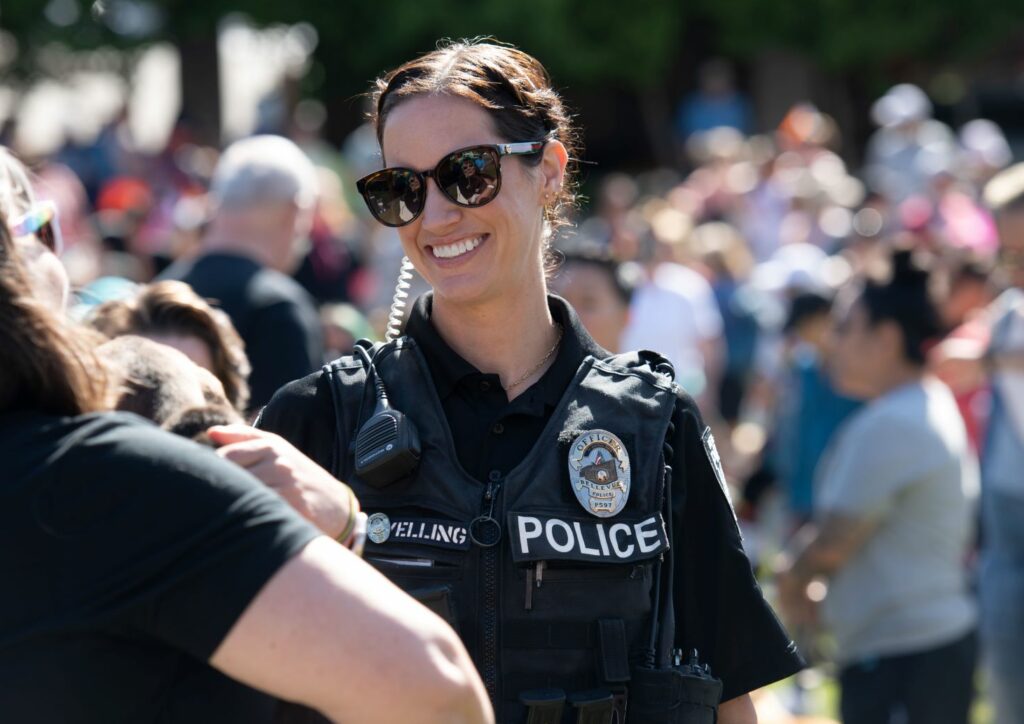Over the past few years, we’ve seen progress in achieving gender equality across different fields, including law enforcement. But, women still face considerable hurdles during the hiring process and their policing careers. To tackle these challenges, it’s critical to take a comprehensive approach. That means understanding the barriers women encounter and implementing innovative recruitment strategies to boost diversity and inclusion within police departments.
Challenges Faced by Women in Law Enforcement Recruitment:
Gender Stereotypes: Traditional gender roles often portray policing as a male-dominated profession, leading to stereotypes that women are not as physically capable or mentally resilient as their male counterparts.
Bias and Discrimination: Women may encounter prejudice and discrimination during the recruitment process, ranging from overt sexism to unconscious biases that influence hiring decisions.
Lack of Representation: A lack of female role models and mentors within law enforcement agencies can deter women from pursuing careers in policing, as they may struggle to envision themselves succeeding in a male-dominated environment.
Physical Fitness Standards: Some recruitment processes impose physical fitness standards that disproportionately disadvantage women, leading to lower rates of female applicants passing these requirements.
Work-Life Balance: Policing often involves irregular shifts and long hours, challenging many to balance their careers with familial responsibilities.






Recruitment Strategies to Promote Inclusion:
Outreach and Education: Police departments can engage in targeted outreach efforts to schools, colleges, and community organizations to raise awareness about career opportunities in law enforcement and actively encourage women to apply.
Gender-Neutral Language and Policies: Recruitment materials and processes should use gender-neutral language and policies to ensure that all candidates are evaluated based on their qualifications rather than their gender.
Mentorship and Support Programs: Establishing mentorship and support programs for female recruits can provide them with guidance, encouragement, and opportunities for professional development.
Flexible Work Arrangements: Offering flexible work arrangements, such as part-time schedules or telecommuting options, can help women balance their career commitments with their responsibilities.
Diversity Training: Providing diversity training to recruitment staff and hiring panels can help mitigate bias and ensure all candidates are evaluated fairly and objectively.
Revision of Physical Fitness Standards: Police departments should periodically review and revise their physical fitness standards to ensure they are relevant, fair, and inclusive of diverse candidates.
Ensuring gender diversity and inclusion in law enforcement fosters trust and enhances community policing effectiveness. By tackling recruitment hurdles faced by women and adopting inclusive measures, police departments can draw in and keep skilled female officers who offer distinct viewpoints and capabilities. Embracing diversity not only supports women in law enforcement but also bolsters the overall efficiency and credibility of police organizations.